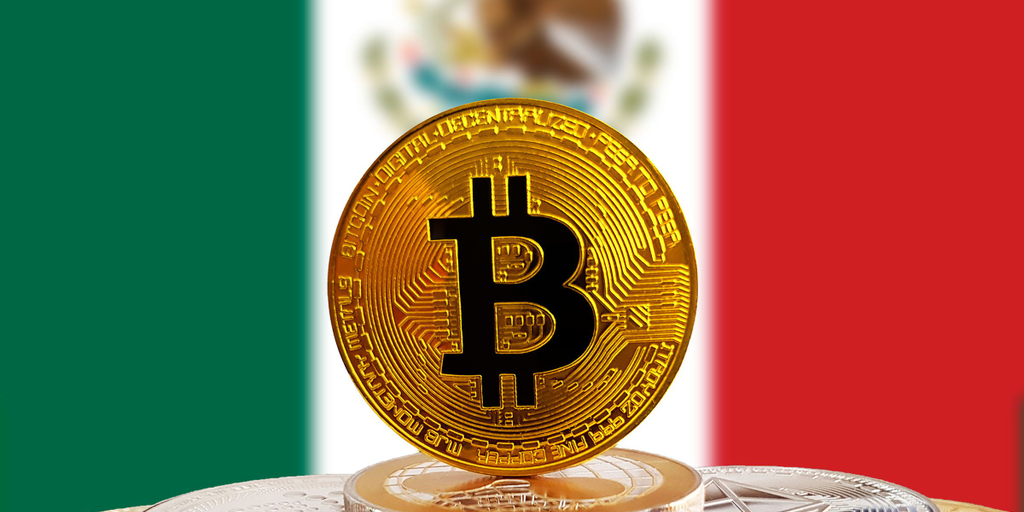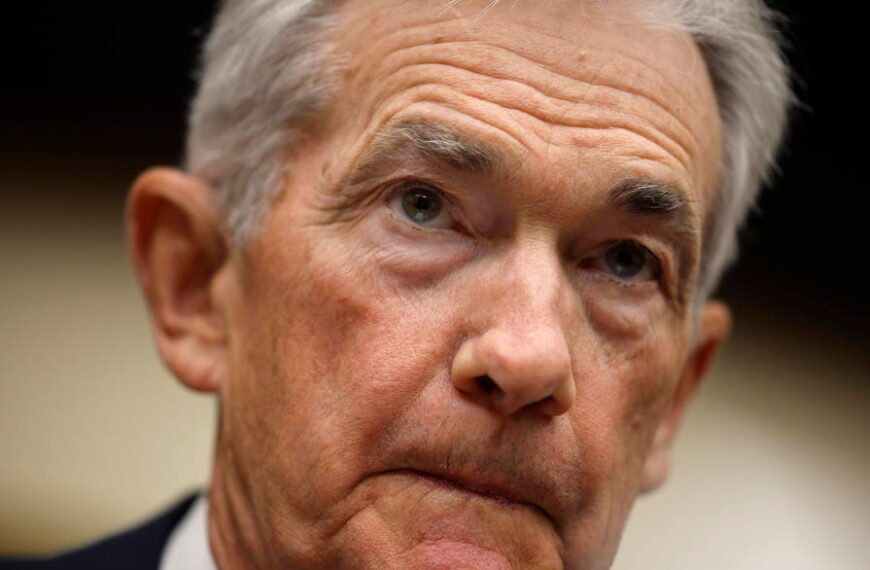Introduction
The financial markets are experiencing a tumultuous period as the president intensifies his push to implement tariffs on goods from America’s largest trading partners. This move has sent shockwaves through both the stock and cryptocurrency markets, causing significant fluctuations. In this blog post, we delve into the implications of these tariff discussions on Bitcoin and the broader cryptocurrency landscape.
The Tariff Landscape
As the administration considers broader trade tariffs, it’s essential to understand the potential ramifications on various financial assets. The announcement of new tariffs has created uncertainty among investors, leading to increased volatility in the markets.
Impact on Stock Markets
The stock markets have shown signs of strain, with major indices reacting negatively to tariff discussions. Here are some key points to consider:
Response from the Cryptocurrency Market
The cryptocurrency market is not immune to the fluctuations caused by tariff discussions. Bitcoin and other cryptocurrencies have seen significant price swings as traders respond to the evolving news landscape.
Why Tariffs Matter for Bitcoin
Understanding the relationship between tariffs and Bitcoin is crucial for investors looking to navigate this uncertain landscape. Here are some factors to keep in mind:
Inflation Concerns
The introduction of tariffs can lead to higher consumer prices, potentially triggering inflation. Inflation has historically pushed investors toward assets perceived as stores of value, such as Bitcoin.
Market Sentiment and Speculation
The cryptocurrency market is often driven by sentiment and speculation. The ongoing tariff discussions could amplify these dynamics:
Long-term Implications for Cryptocurrency
While the current situation presents challenges, there are potential long-term implications for Bitcoin and the cryptocurrency market as a whole.
Increased Adoption of Digital Assets
As traditional financial markets face uncertainty, more investors may turn to digital assets for diversification:
Shifts in Trading Strategies
The evolving trade landscape may prompt investors to reevaluate their trading strategies:
Conclusion
The current tariff discussions initiated by the president have led to significant fluctuations in both the stock and cryptocurrency markets. As investors navigate this uncertain landscape, understanding the interplay between tariffs and Bitcoin is essential for making informed decisions.
While the immediate impact may be challenging, the long-term implications for cryptocurrencies could signal a shift in how investors view digital assets. As more individuals and institutions look for ways to hedge against economic uncertainty, Bitcoin may solidify its position as a crucial player in the financial landscape.
In these turbulent times, staying informed and adaptable is key for investors. Whether you are a seasoned trader or new to the cryptocurrency world, understanding the broader economic factors at play will be instrumental in navigating the complexities of the financial markets. The ongoing developments in tariffs and trade relations will continue to shape the future of both stocks and cryptocurrencies, making it an exciting time for investors.





